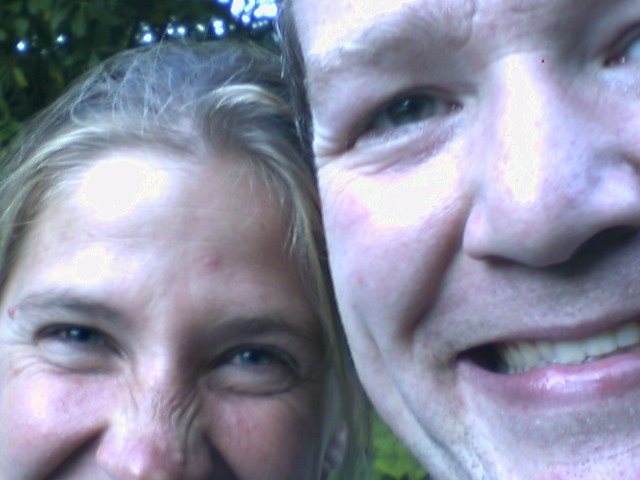death: in iraq, in Virginia, and way out of focus?--a british journalist in Kuwait
Wanted to draw your attention to this intriguing article written by British journalist Polly Toynbee today in the Kuwait Times, entitled "We need to focus on last week's deaths in iraq"
A couple quotes:
It was a good week for death. In Iraq, 200 people were blown to bits in what witnesses called "a swimming pool of blood" with "pieces of flesh all over the place". Remember that the dead are only part of the story: add to each of the war's hundreds of thousands of civilian corpses all those burned and crippled survivors, far beyond Iraqi medical facilities' ability to cope, breadwinners and babies lost. Few families are untouched by the sheer scale of slaughter. But it is hard for news media to find new ways to refresh repeat tales of daily carnage. The pictures and the thoughts tell the same dismal story day after day, raising the same terrible questions: what have we, the British, done, what have we unleashed, how can it end?
...
these 32 dead students follow in a cortege of identical tragedies: as soon as we knew this was just another deranged loner, what more was there to think? It happened in Dunblane, Germany, South Korea, Japan, Tasmania and elsewhere, routine school misfit revenges. The collective insanity of Americans about guns is an oft-reprised wonderment to Europeans. But there is nothing new about the National Rifle Association: even Al Gore in his Inconvenient Truth had to prove he was a regular guy by talking affectionately about his guns. The journalist Lionel Shriver made the best point in the London Guardian this week: why encourage copycats by giving these narcissistic fantasists the publicity they kill for? This boy's glory video means his name liveth for evermore - and a good deal longer than the roll call of fallen US soldiers.
...
Attitudes to death and mourning grow odder the rarer dying young becomes. There is less sense of proportion about the risks of dying, or about the inevitability of death itself, even when people die in old age. The temptation is to regard every death as avoidable, deny any accident is ever accidental, always find someone to blame, and hunt down that doctor in charge.
...
People no longer know how to approach death and its rituals. Abandoning religion doesn't necessarily mean resorting to reason. With no hereafter, body parts are gaining morbid significance in a strange new fetishism. The story of secret biopsies taken from dead workers at the UK nuclear plant at Sellafield in the 70s and 80s is interesting and potentially sinister for those who live and work there, since the reports were never published. But defying all sense, the focus of the story for relatives and the media has been on the "shocking" discovery that removal of mostly small slices and some whole organs from corpses means that loved ones buried less than whole bodies.
Read the whole article


No comments:
Post a Comment